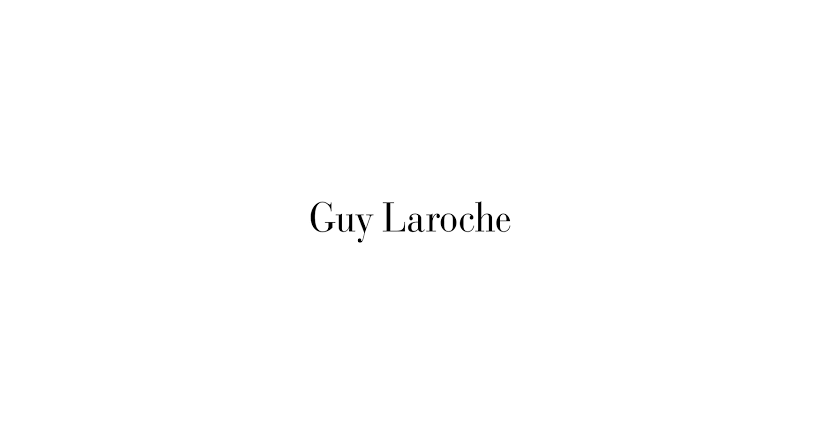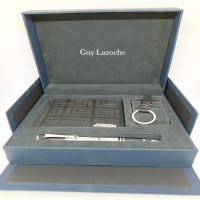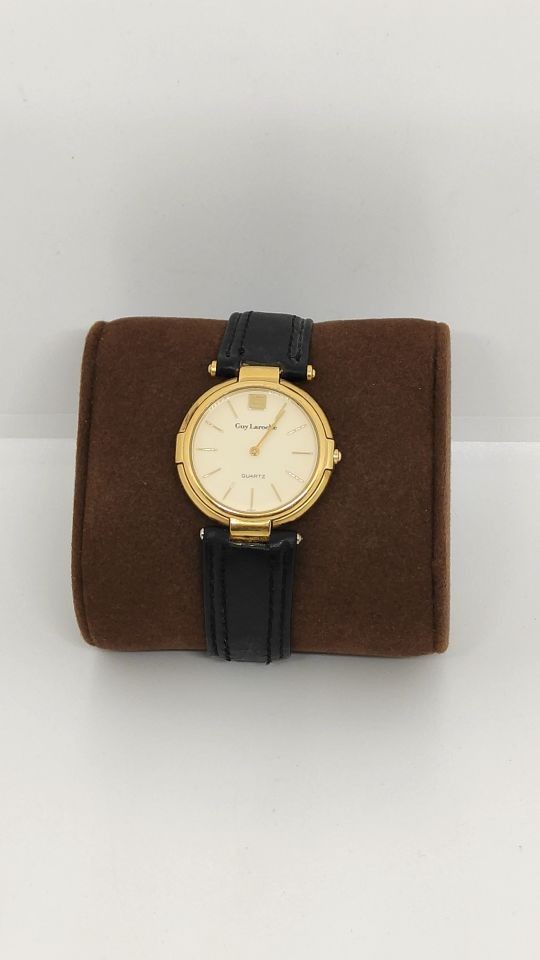he was one of the first to make spacers. An example, a jacket for a black three-piece cardigan and several shades of blue is shown in the adjacent photo. Combined with excellent craftsmanship throughout the garment, the exact match to the pattern on the front, back, sleeves and pockets indicates the high quality and refined elegance of the distinctive garment, although designed for practical use. The rest of the suit is black, a skirt of the same material and a silk blouse.
And in his well-acclaimed first collection, he reintroduced vibrant colors like pink, orange, coral, topaz, and turquoise. His clothes also featured a drooping neck and back stripes. Elegant traditional color combinations have remained a staple of his designs as well.







